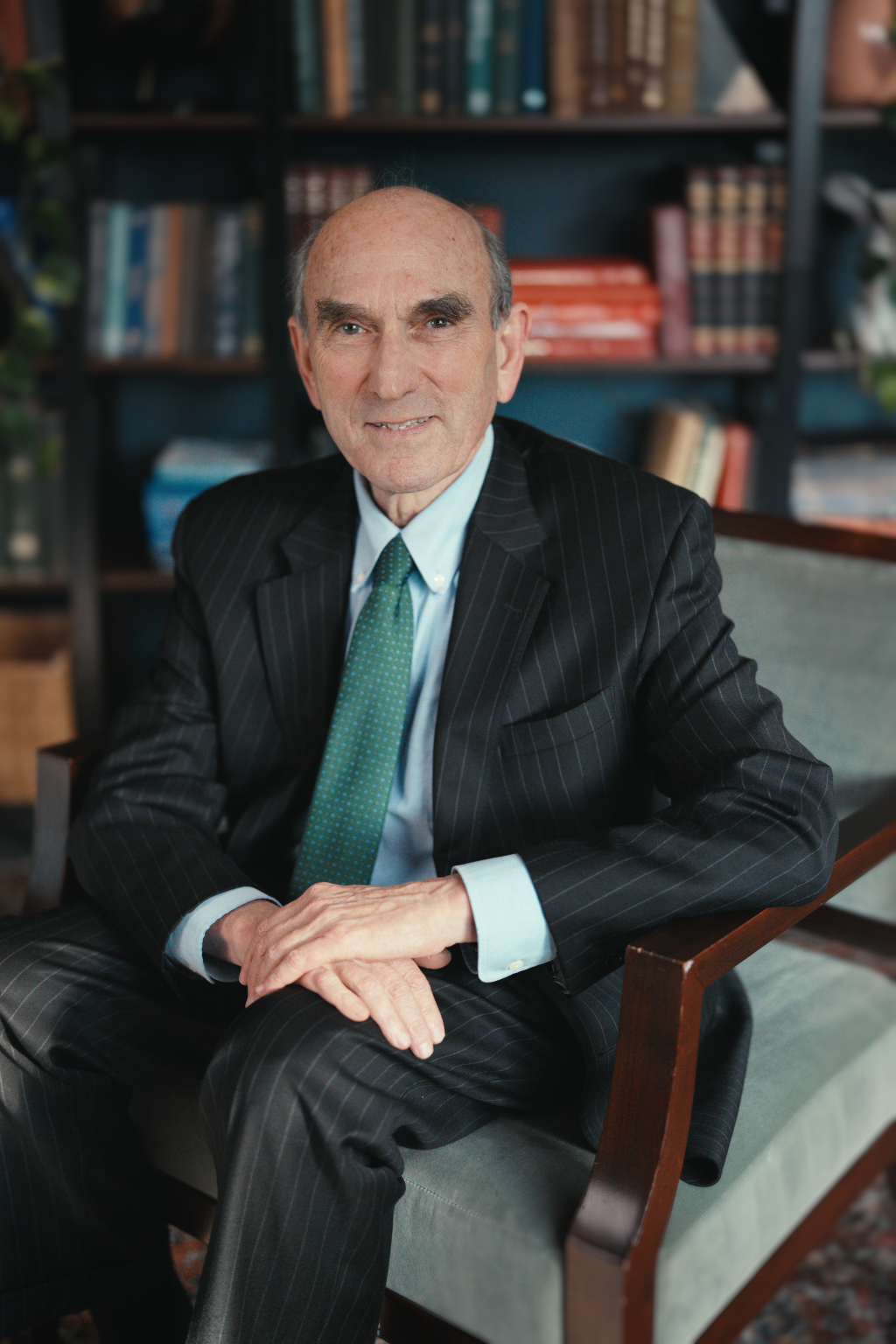Chevron, the Biden Administration, and the Maduro Regime
Concessions to the Maduro regime in Venezuela have permitted Chevron to produce more oil there, but have brought only more repression.
On November 26, 2022 the U.S. oil giant Chevron received permission to expand production in Venezuela despite the heavy U.S. sanctions on the Maduro regime.
That move by the Biden administration reversed part of the sanctions the Trump administration had imposed, and the stated goal was to help bring change to Venezuela. The license to Chevron was issued the same day that the regime and the democratic opposition forces began a dialogue in Mexico City that was supposed to lead to less repression and some kind of political opening that would culminate in free elections in 2024. Moreover, the negotiations were supposed to produce a deal that would create a fund, overseen by the UN, to help ameliorate Venezuela’s horrendous humanitarian situation.
That is not how things have worked out. That fund has not been created. There is more and more repression. It is already clear that the 2024 presidential election will be a farce; the regime has prevented all the major opposition candidates from running (declaring them, in the Spanish term, inhabilitado). The negotiations appear to be dead as well. And Juan Guaido, who as interim president led the democratic forces and was recognized by about 50 countries, was driven into exile.
So who has benefitted from the Biden move to loosen the reins on Chevron? Maduro has.
Hart Energy put it this way, quoting Luis Vicente Leon of the Venezuelan polling form Datanalysis:
“Without Chevron, the country’s situation would be dramatic,” Leon said. “In fact, the relative exchange rate stability that we have seen in recent months is due to Chevron’s supply of foreign currency into the market and expectations of stabilizing [economic] macro figures in the coming months are [also tied to Chevron].”
Washington’s decision at the end of 2022 to allow Chevron to take a more hands on approach to boosting its production and exports in Venezuela has helped the Caribbean country increase both during the first half of the year.
As a result, the outlook for Venezuela’s oil industry has been perceived as potentially more encouraging.
The so-called “efecto Chevron” or Chevron effect is arguably one of the few positive signs the Venezuelan oil sector has received since U.S. sanctions on the oil industry were imposed in 2019.
It was a very bad bet to loosen sanctions based on the mere hope that Nicolas Maduro would allow a political opening in Venezuela, but the bet was made. The results are now clear: the political situation is worse, the repression is tougher, and there is zero possibility of free elections in 2024.
That should at the very least mean there will be no repeat of this mistake, granting benefits to Maduro for free--before any performance on his part. This was what the Obama-Biden administration did in Cuba, lifting sanctions and even arranging a presidential visit, in return for zero. Cuba is not a freer country than it was in 2009. Freebies for dictators are always a bad strategy.
Instead of more concessions to Maduro, the Biden administration should be trying to rebuild the international coalition that supported freedom in Venezuela. The Venezuelan democratic opposition hasn’t given up. Neither should the United States.
